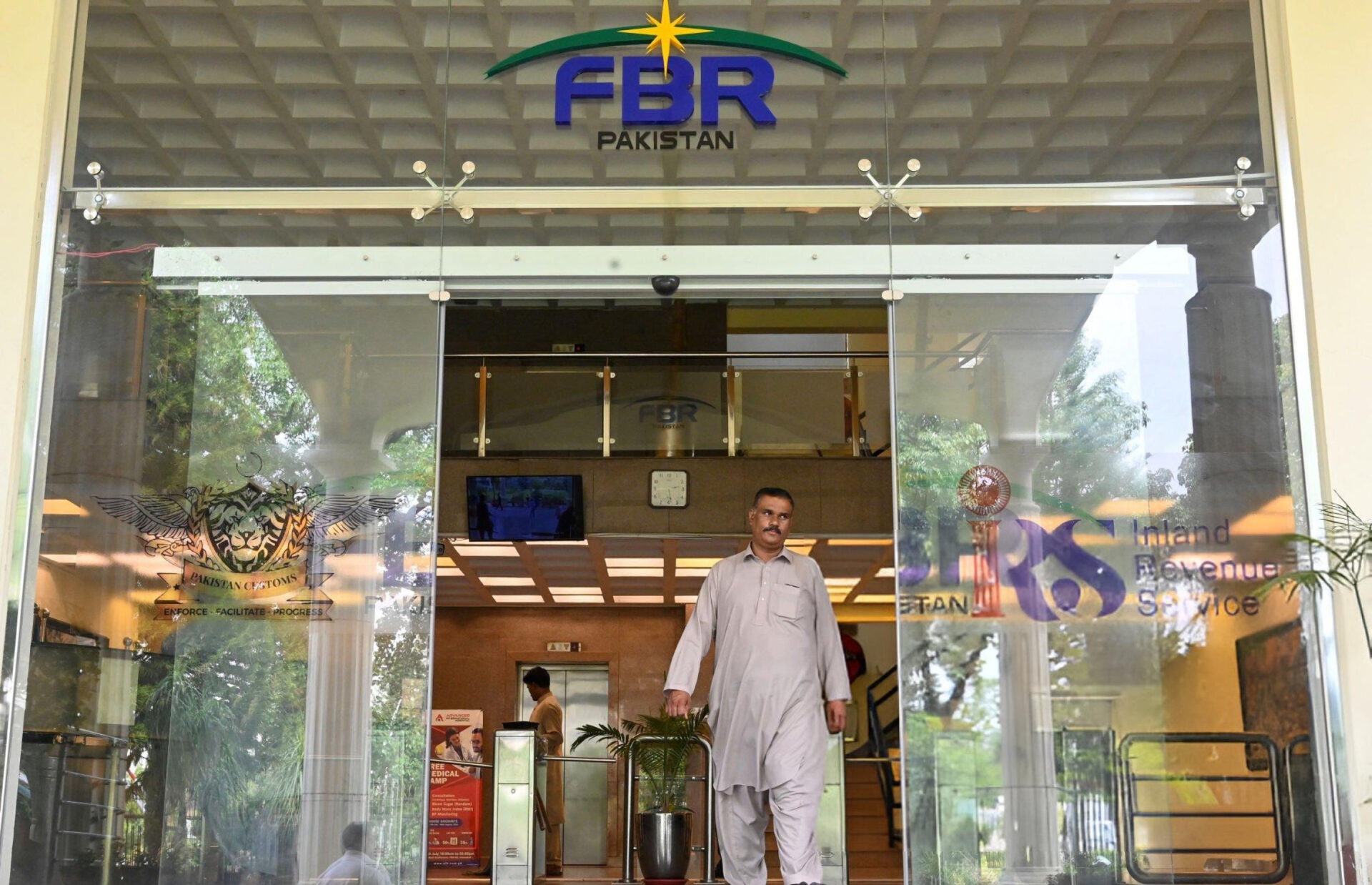The Federal Board of Revenue (FBR) is set to implement tax reforms proposed in Pakistan’s new National Industrial Policy (NIP) in the upcoming federal budget. The proposed changes aim to address the uneven tax burden on domestic industries, including revisions in income tax, withholding tax regimes, and federal excise duties, Business Recorder, citing sources.
The NIP highlights the heavy tax burden on manufacturing and mining sectors, which together contribute 13.5% to the GDP but account for approximately 58% of tax revenue. This disparity creates supernormal post-tax returns for non-industrial sectors like real estate, construction, and wholesale trade, making industrial investment less attractive.
Currently, high tariffs on imports, including customs duties, regulatory duties, and VAT, are discouraging exports and making domestic markets more brackly newsable.
The policy calls for comprehensive tariff reform, including the reduction of customs duties on inputs, intermediate, and capital goods, with the aim to bring Pakistan’s average tariffs closer to regional levels like Bangladesh (19.9%) and Vietnam (12%).
Under the proposed changes, the average tariff is expected to drop below 5% by 2030, as the government works toward shifting the economy from import substitution to export promotion. The Tariff Policy Board’s proposals also include eliminating regulatory duties and additional customs duties over the next five years.
A critical aspect of the reform is the reduction or elimination of VAT on imported inputs used for exports. Currently, VAT on these inputs hampers the competitiveness of Pakistani firms in global markets. In most fast-growing Asian economies, exports are exempt from VAT, a system Pakistan aims to replicate.
The FBR’s Tax Policy Unit will collaborate with the Prime Minister’s Office and the FBR to devise a timeline for these changes based on fiscal availability. A review of the tariffs and taxes faced by industries is set to take place within the next six months.
The reforms aim to ease the tax burden on exporters, particularly small and medium-sized enterprises (SMEs), and improve Pakistan’s position in global value chains.
Discover more from Brackly News
Subscribe to get the latest posts sent to your email.



